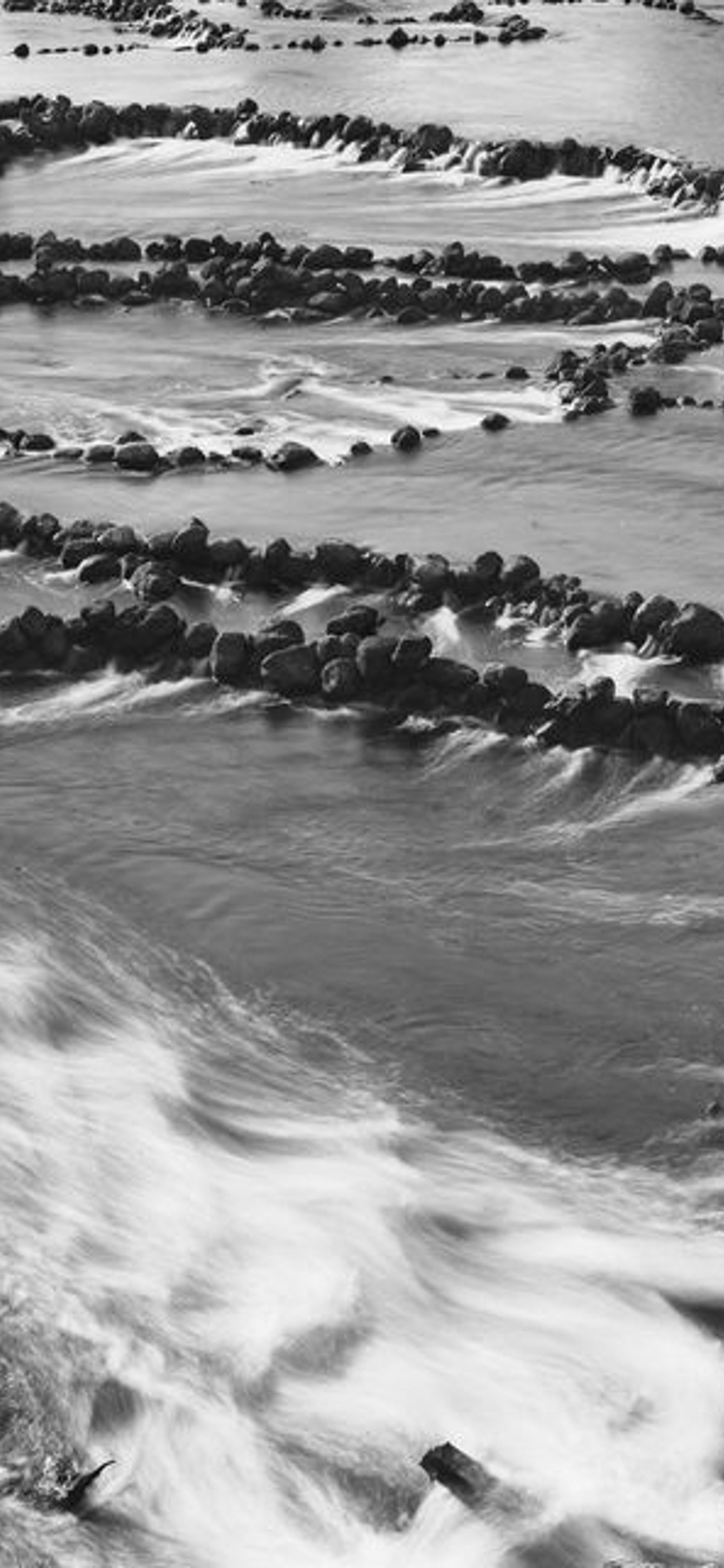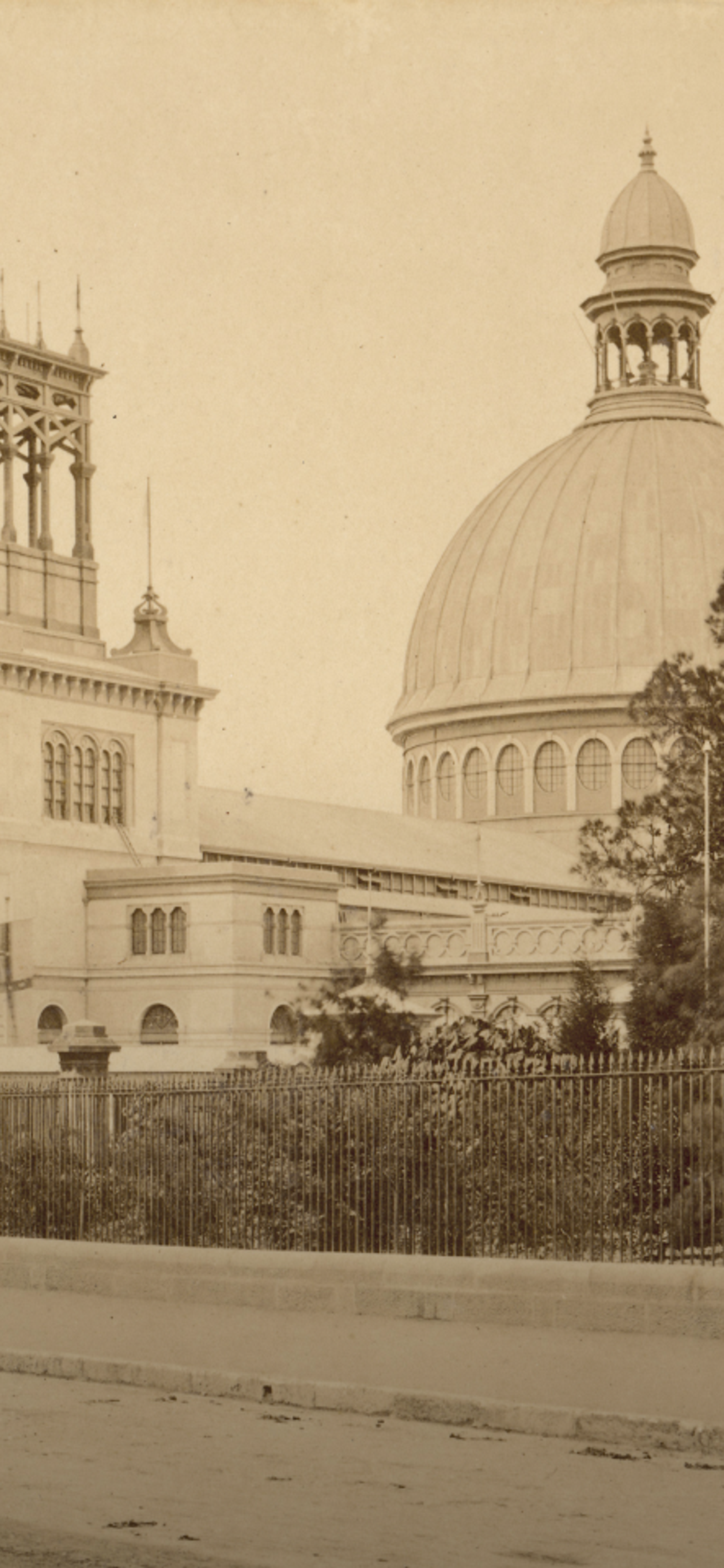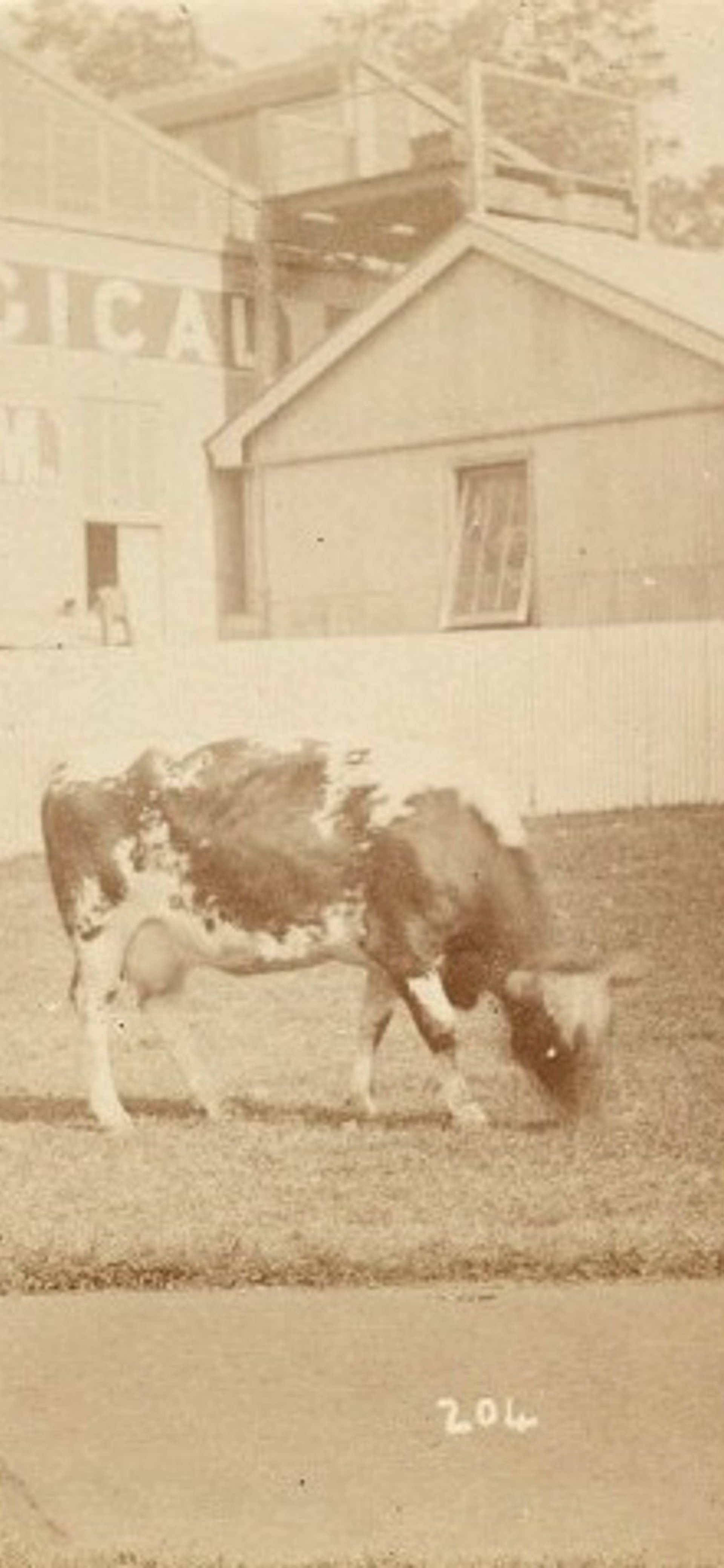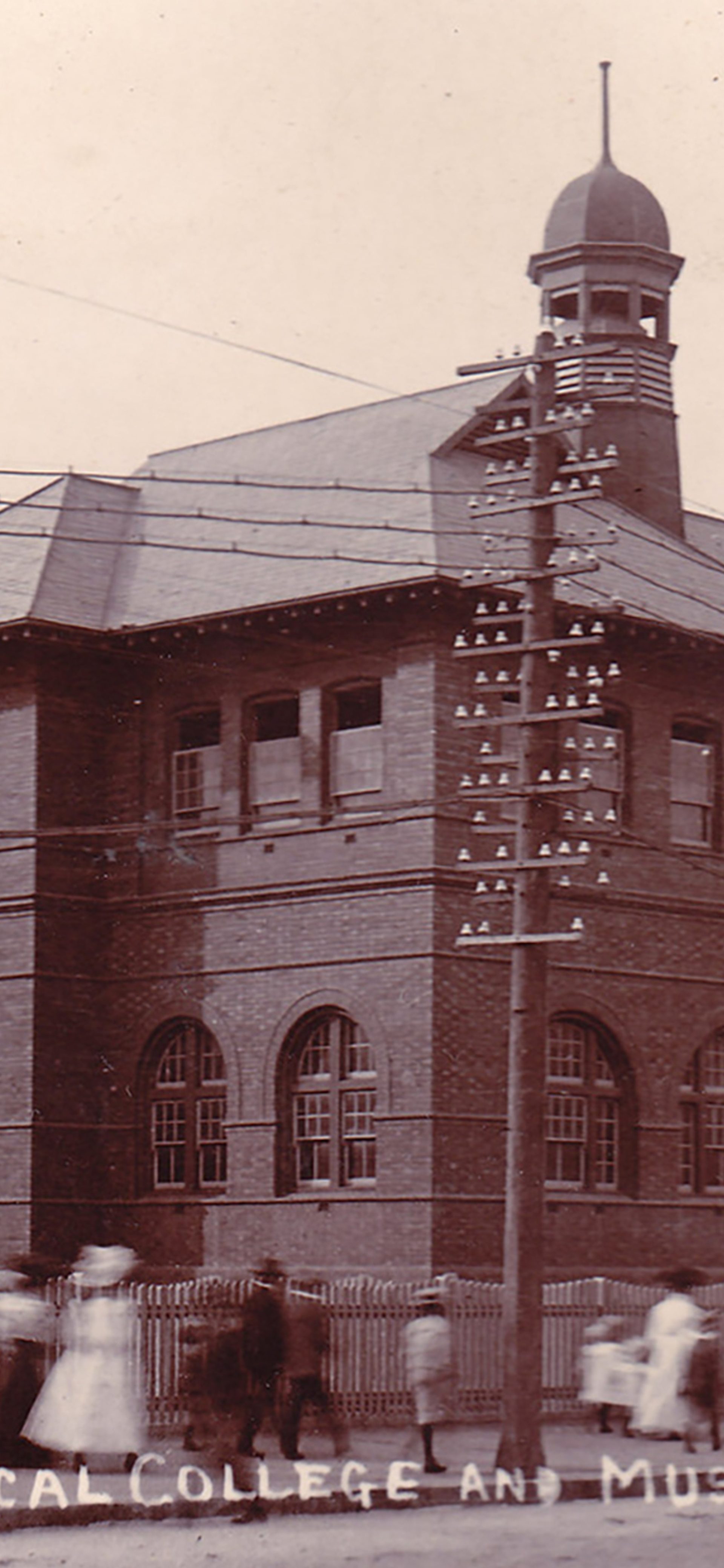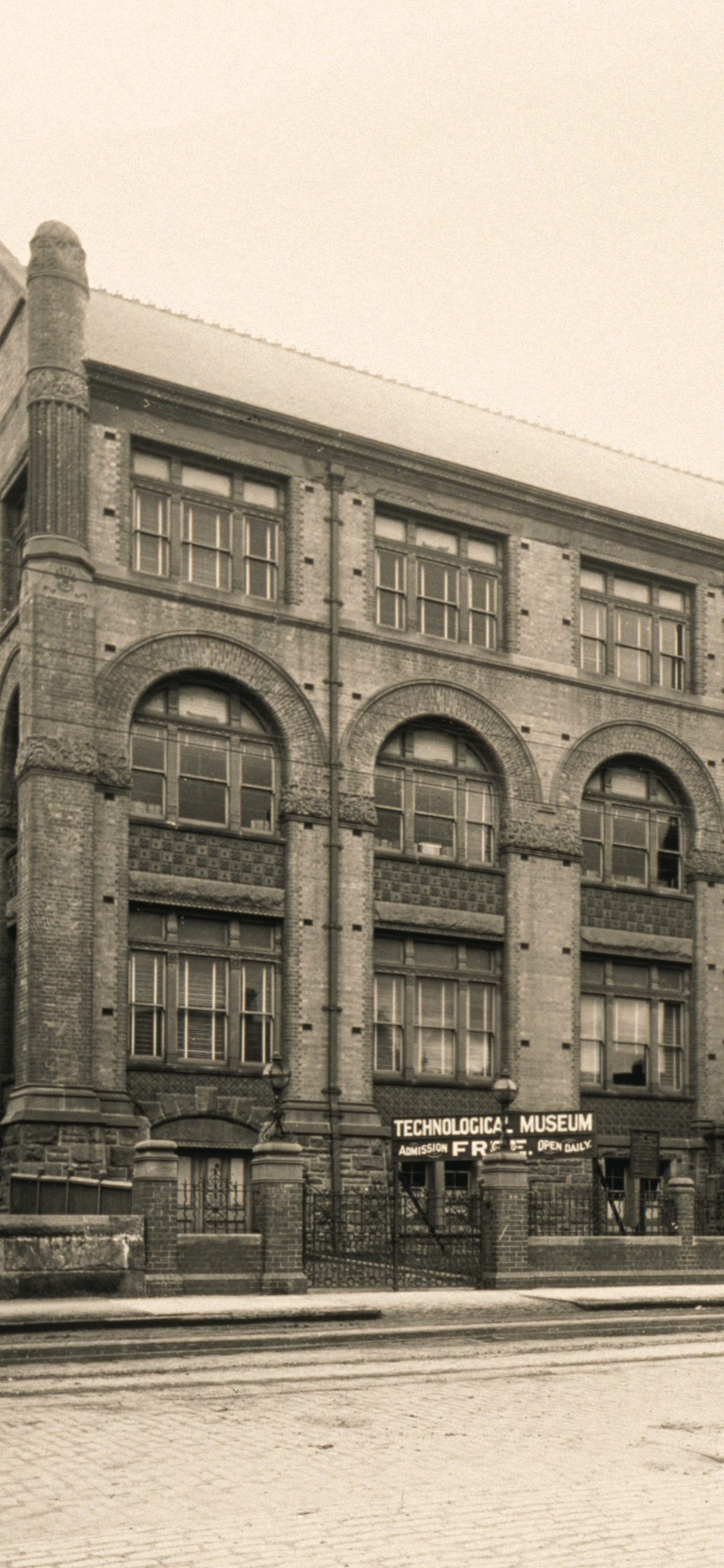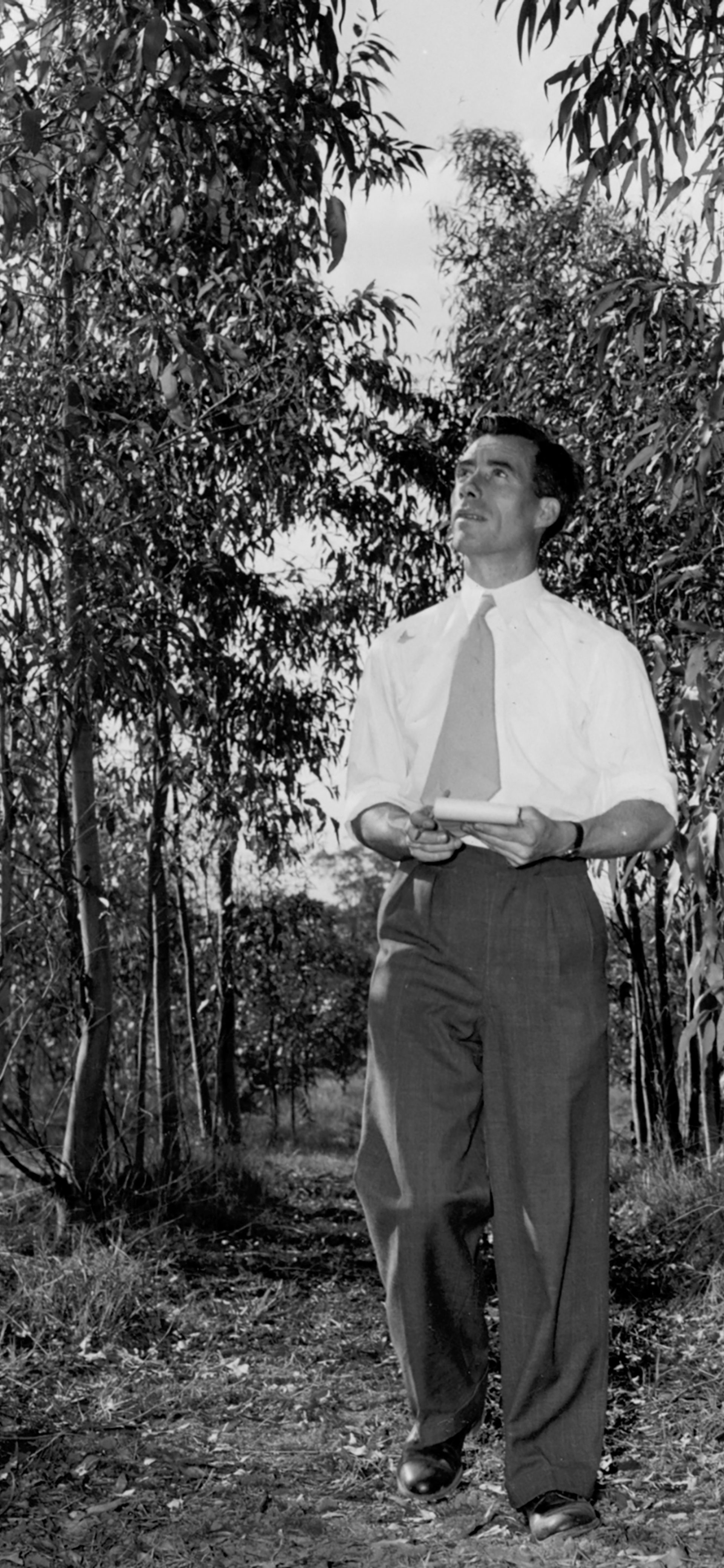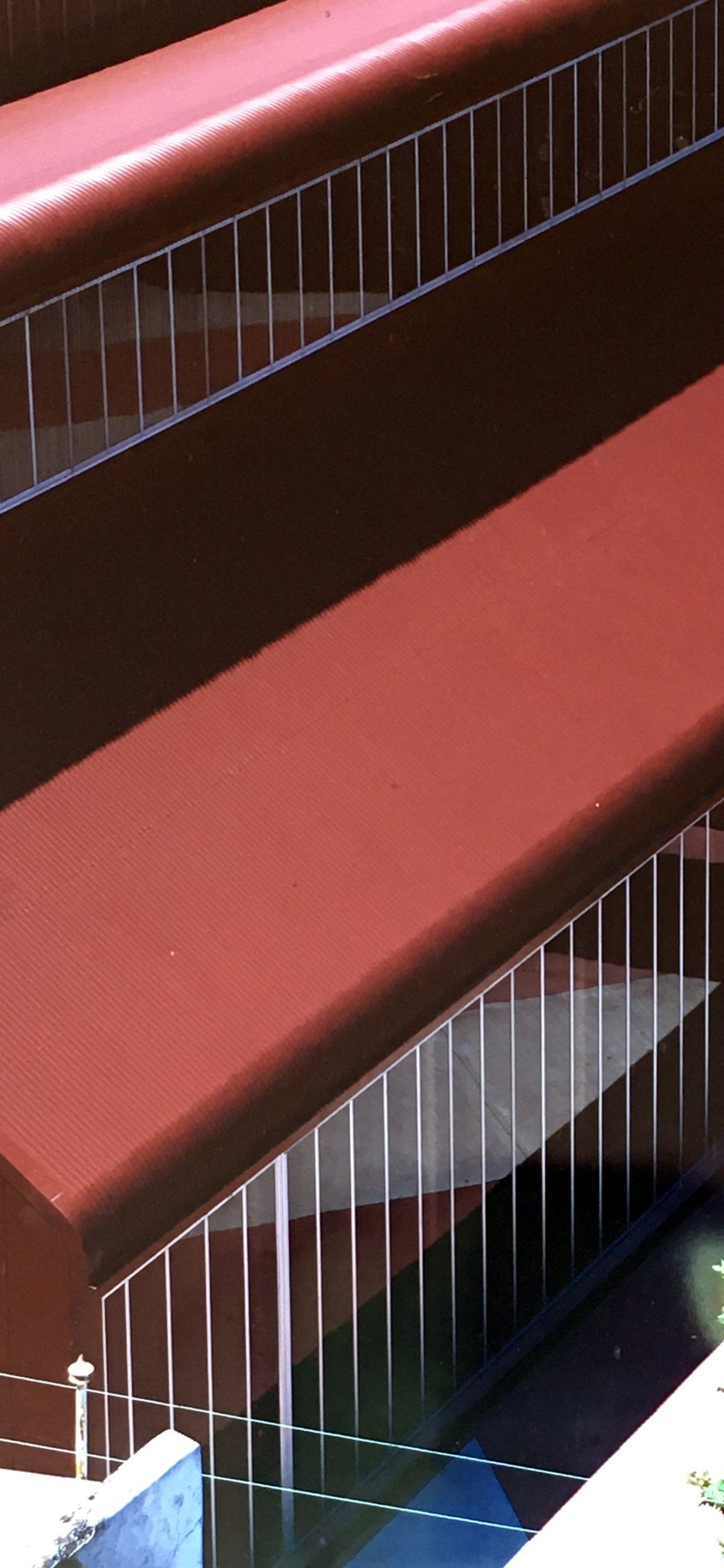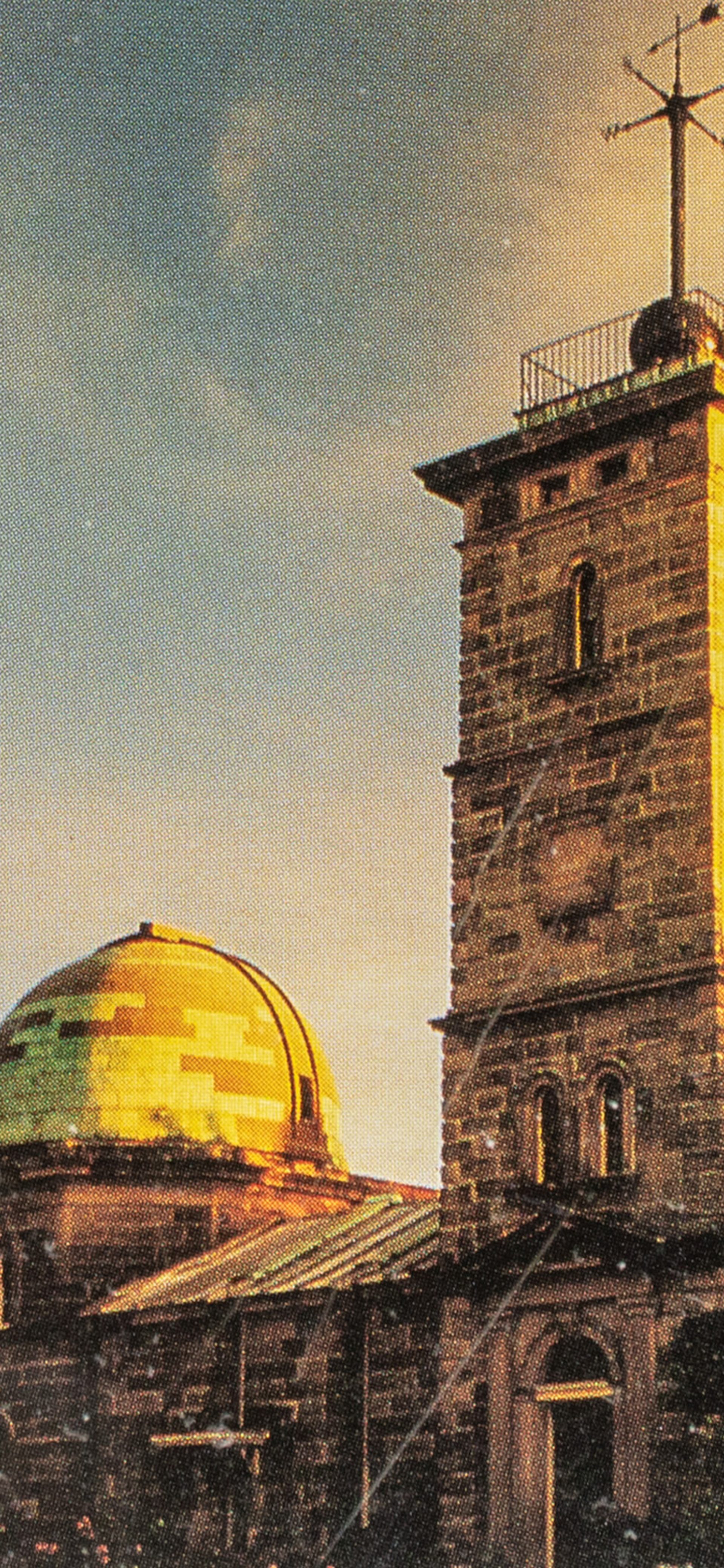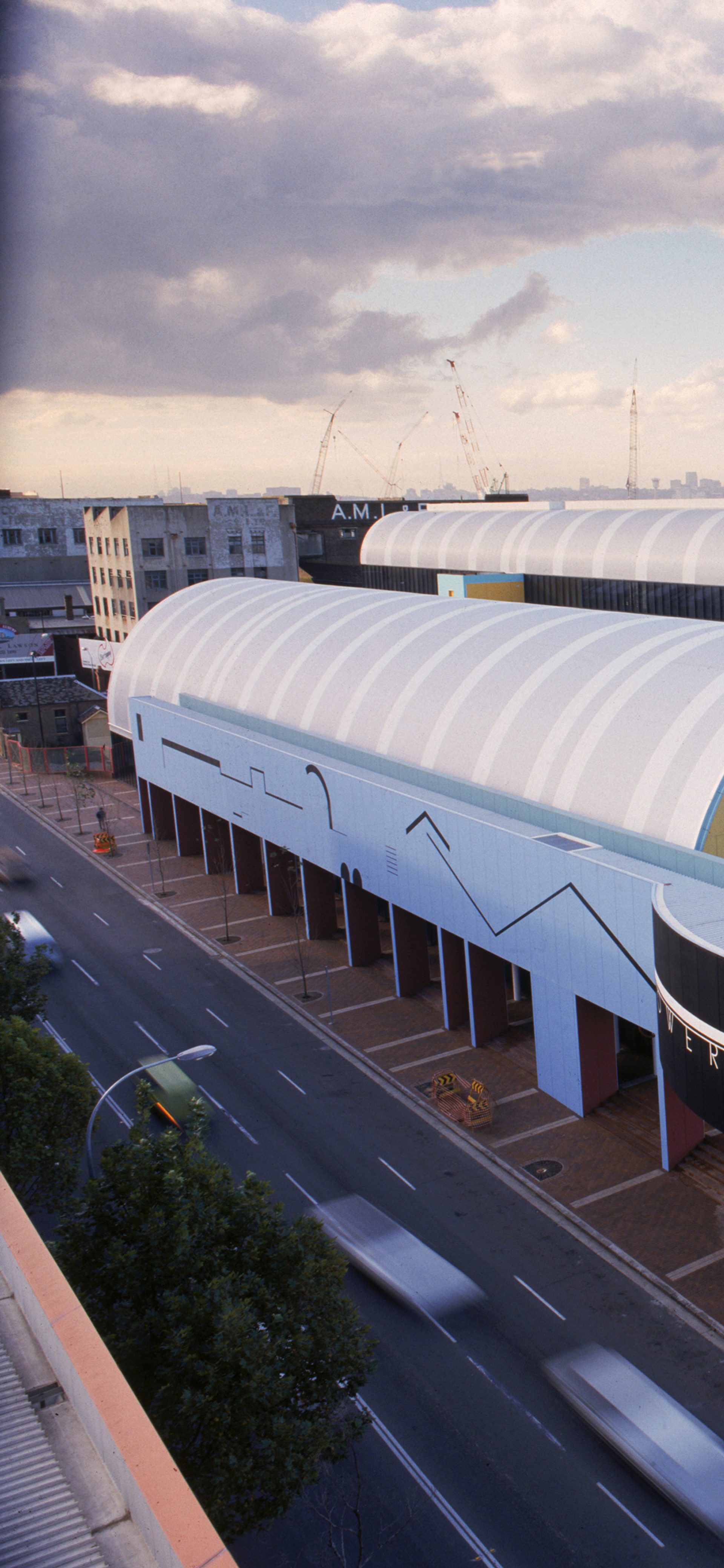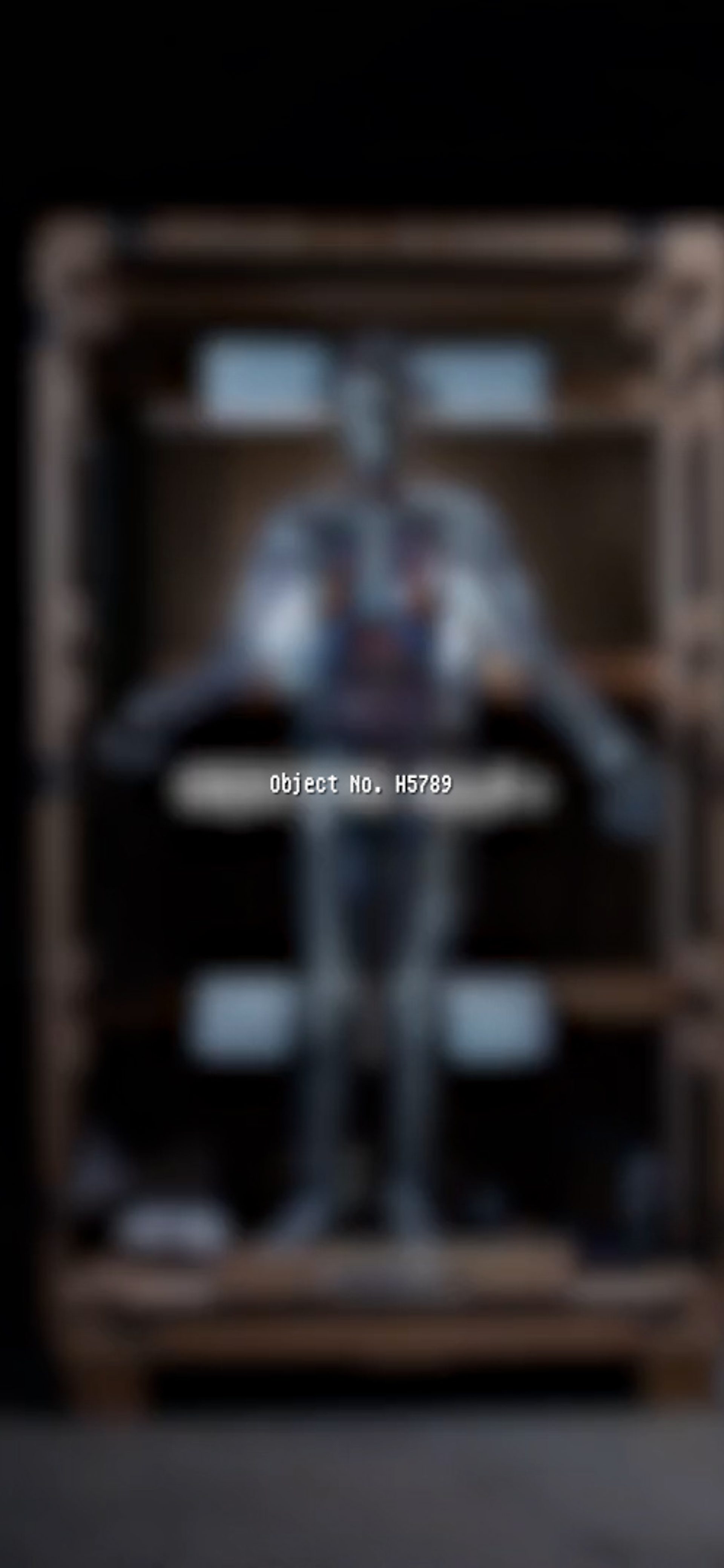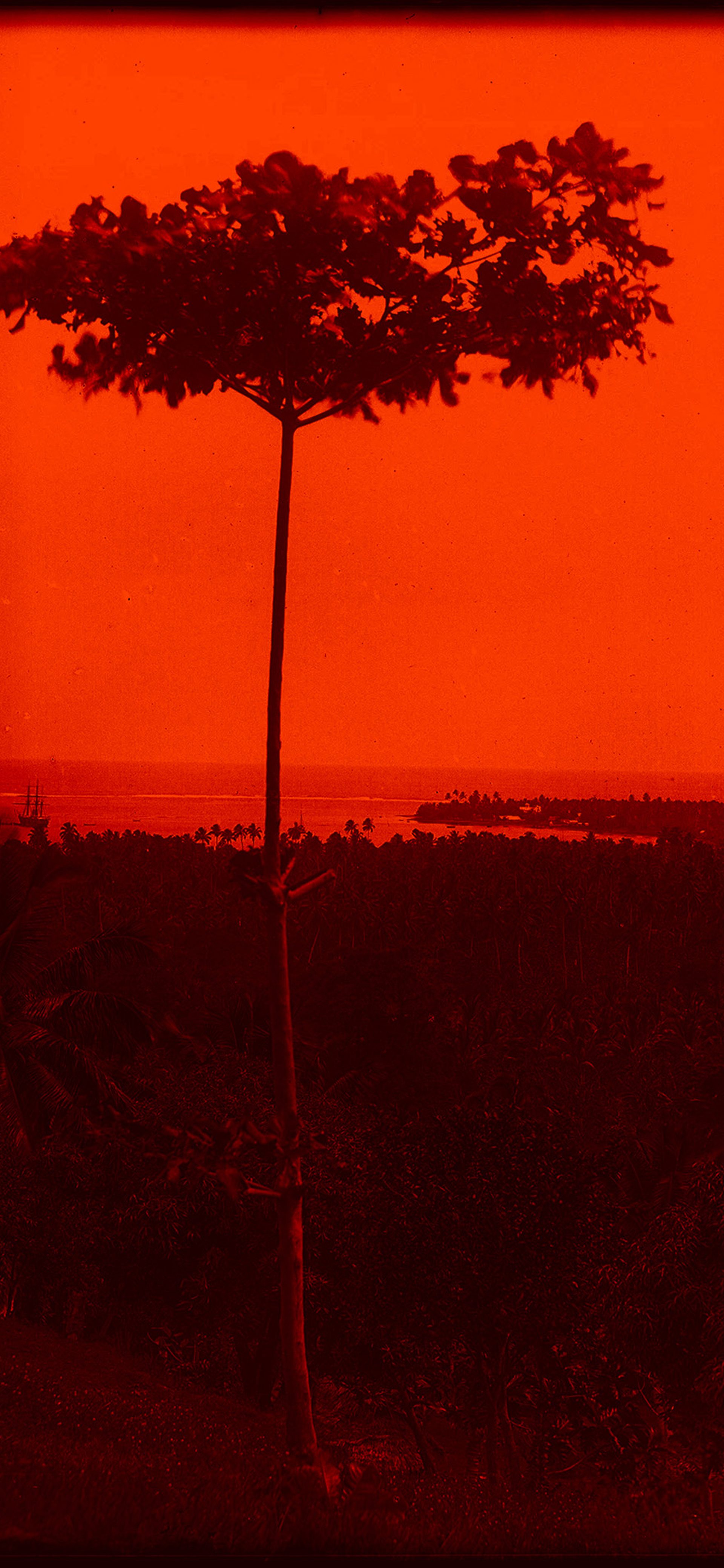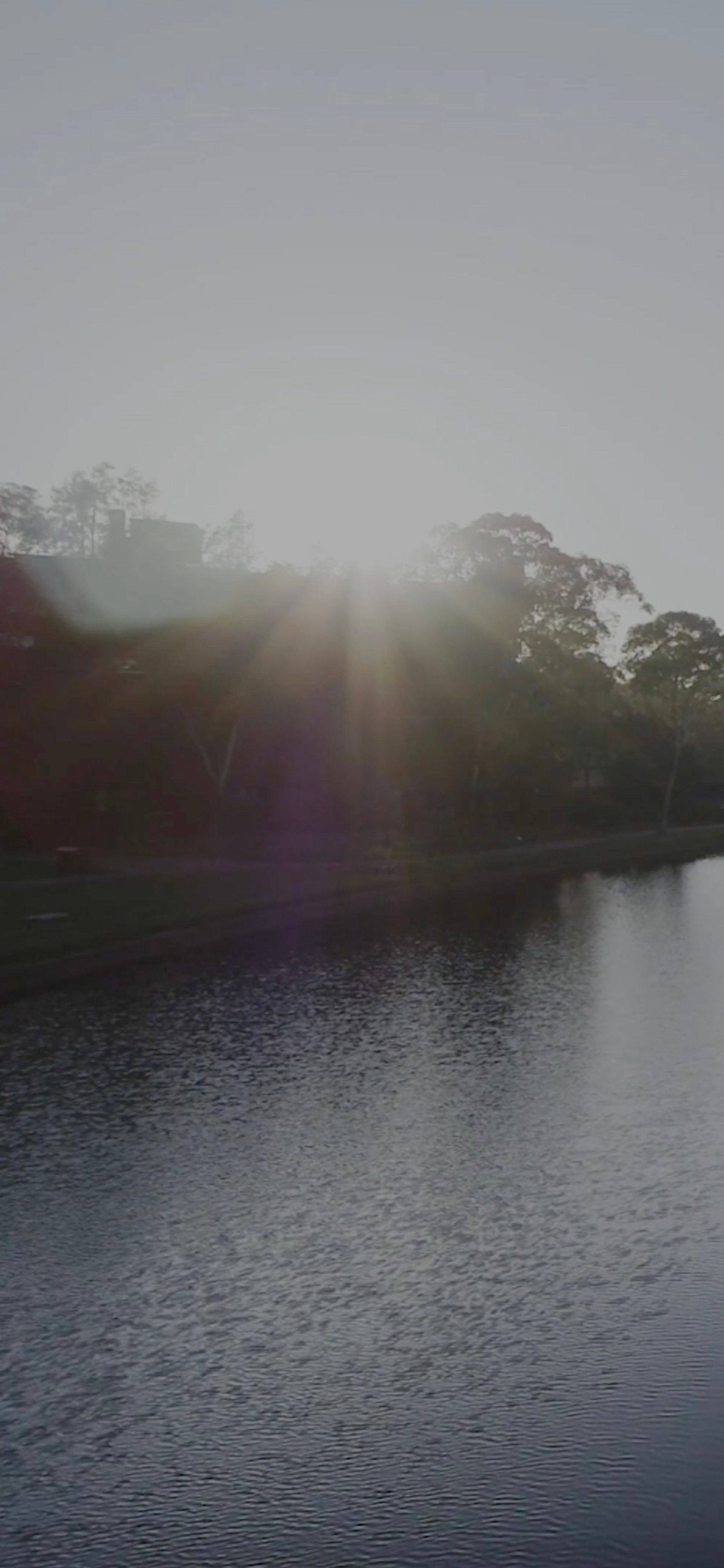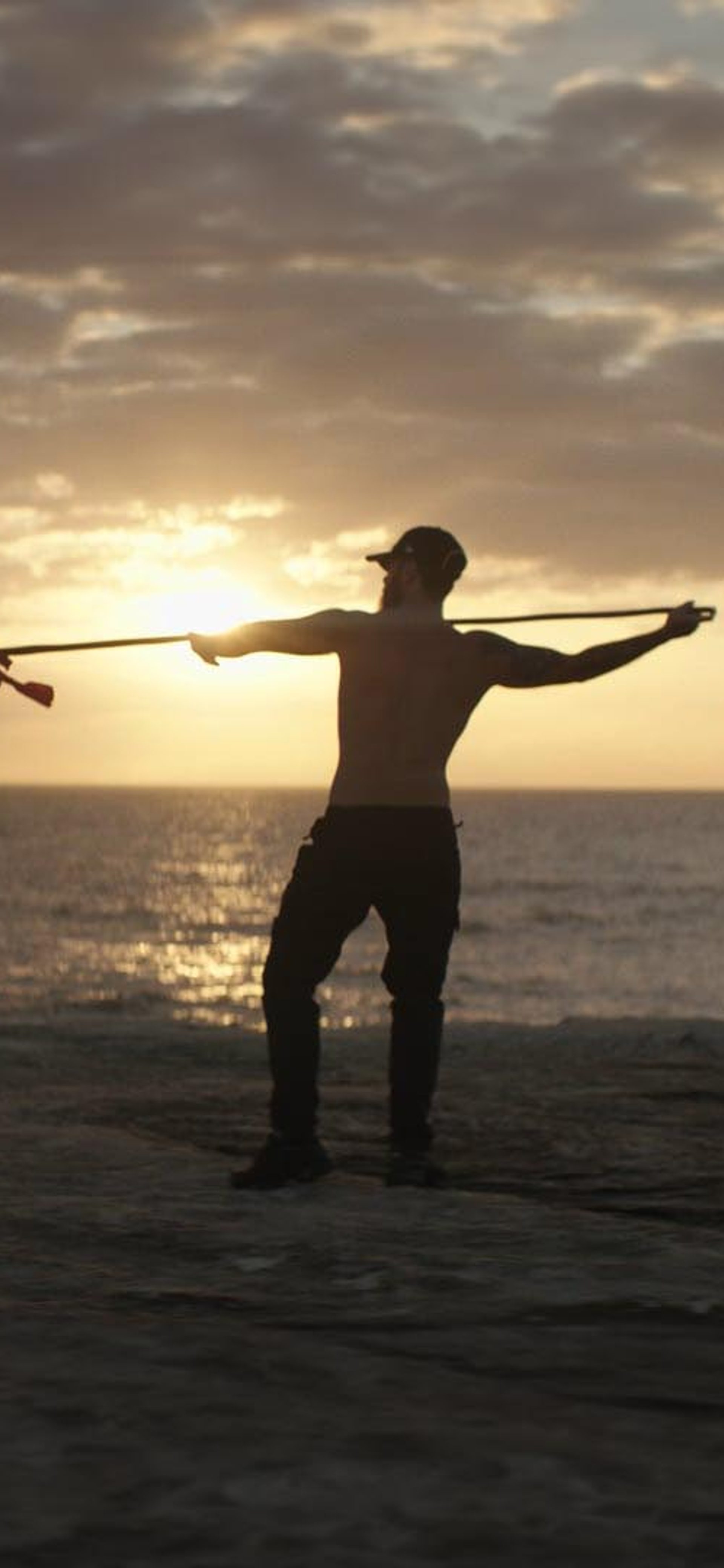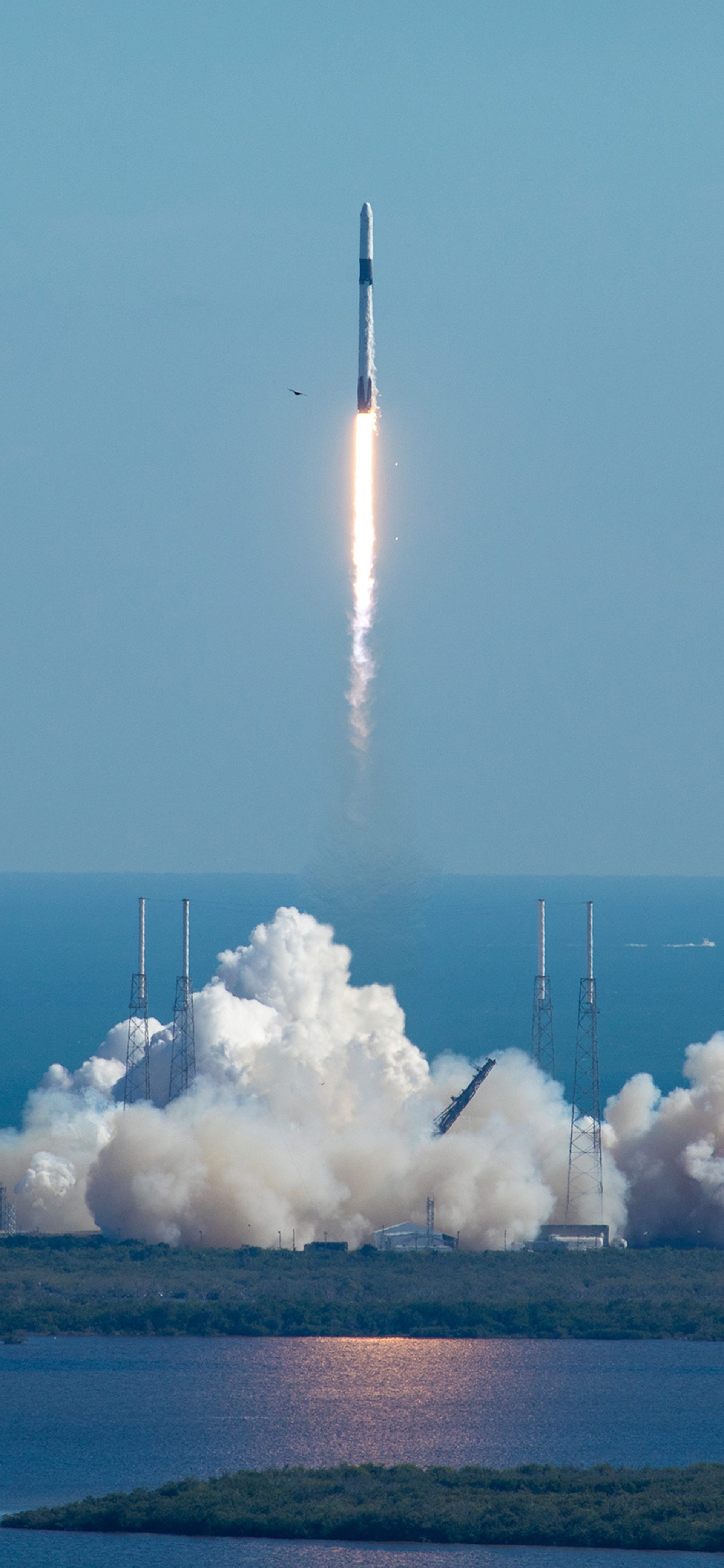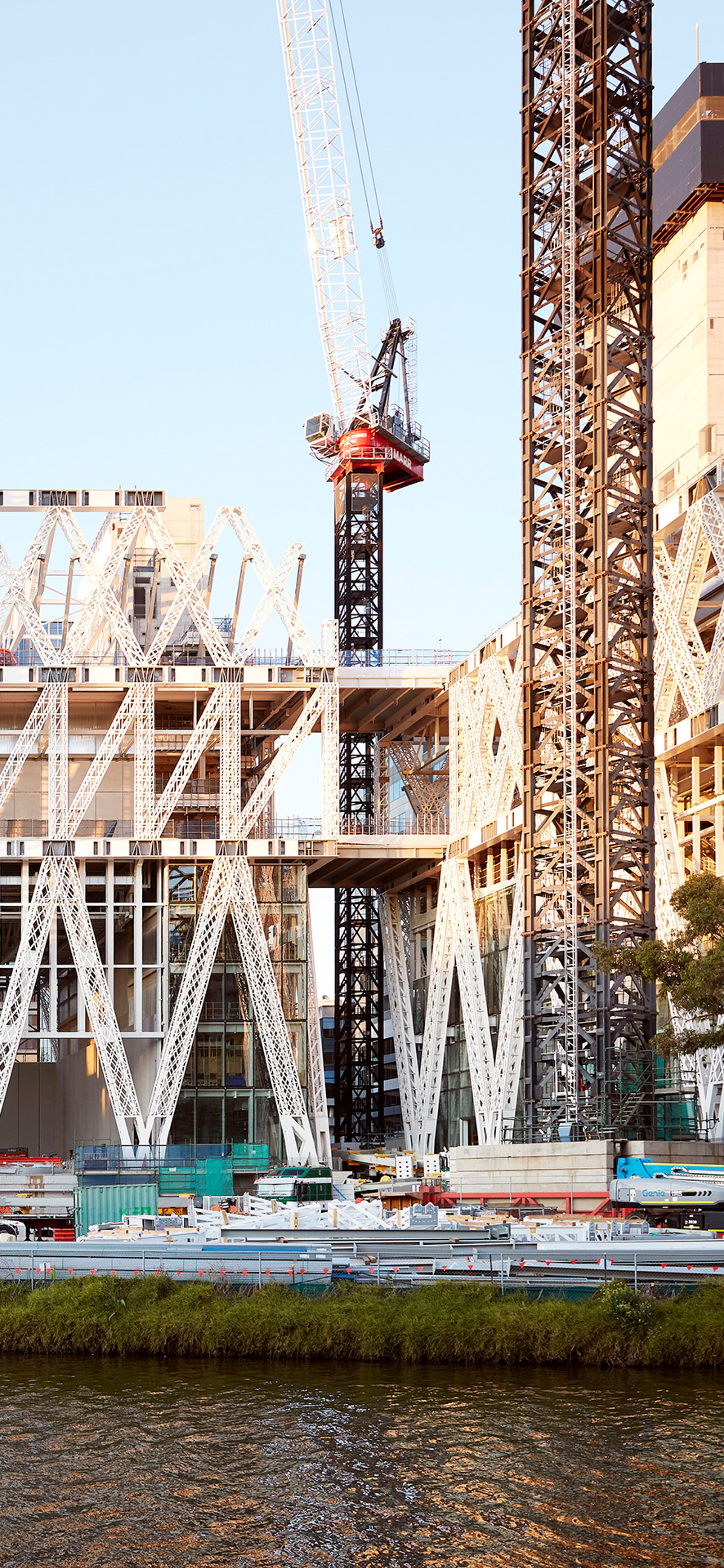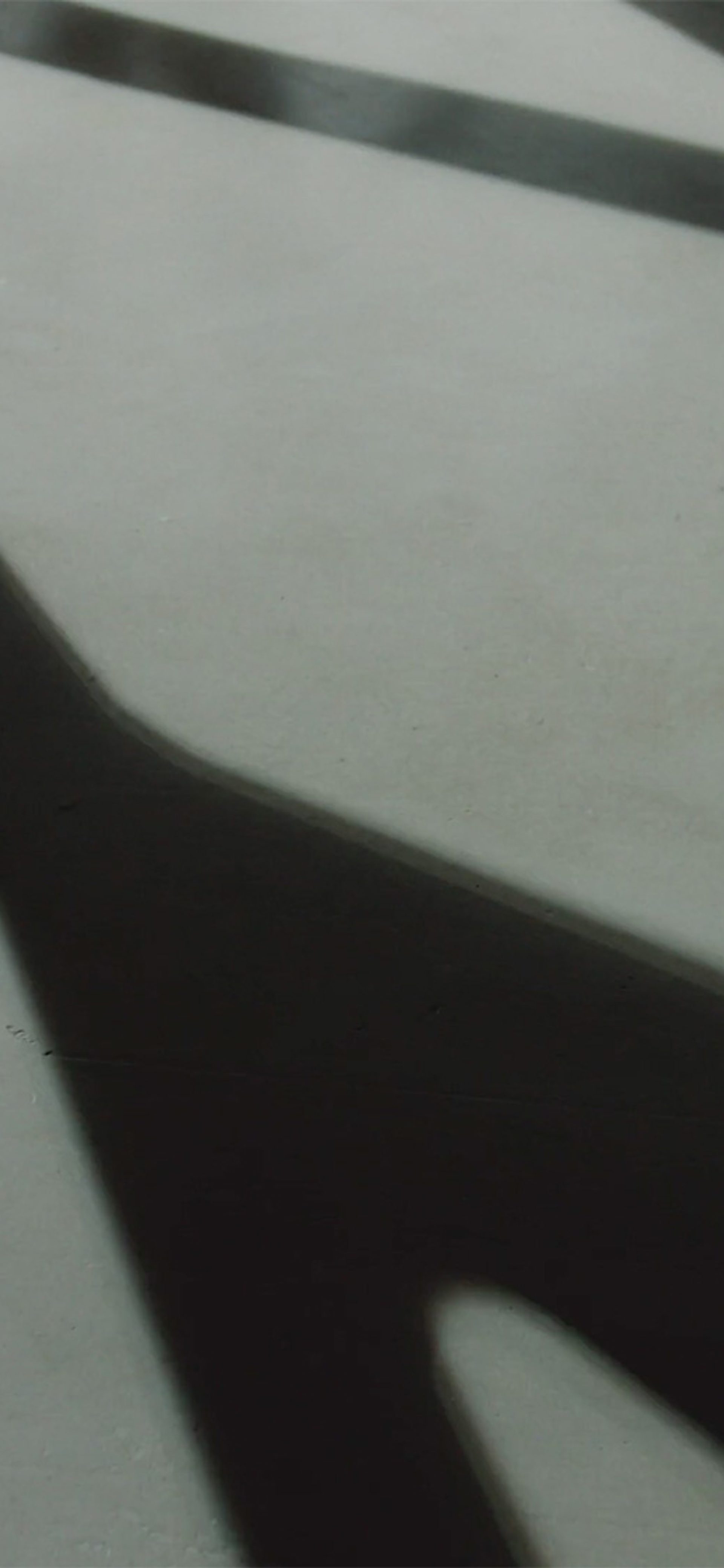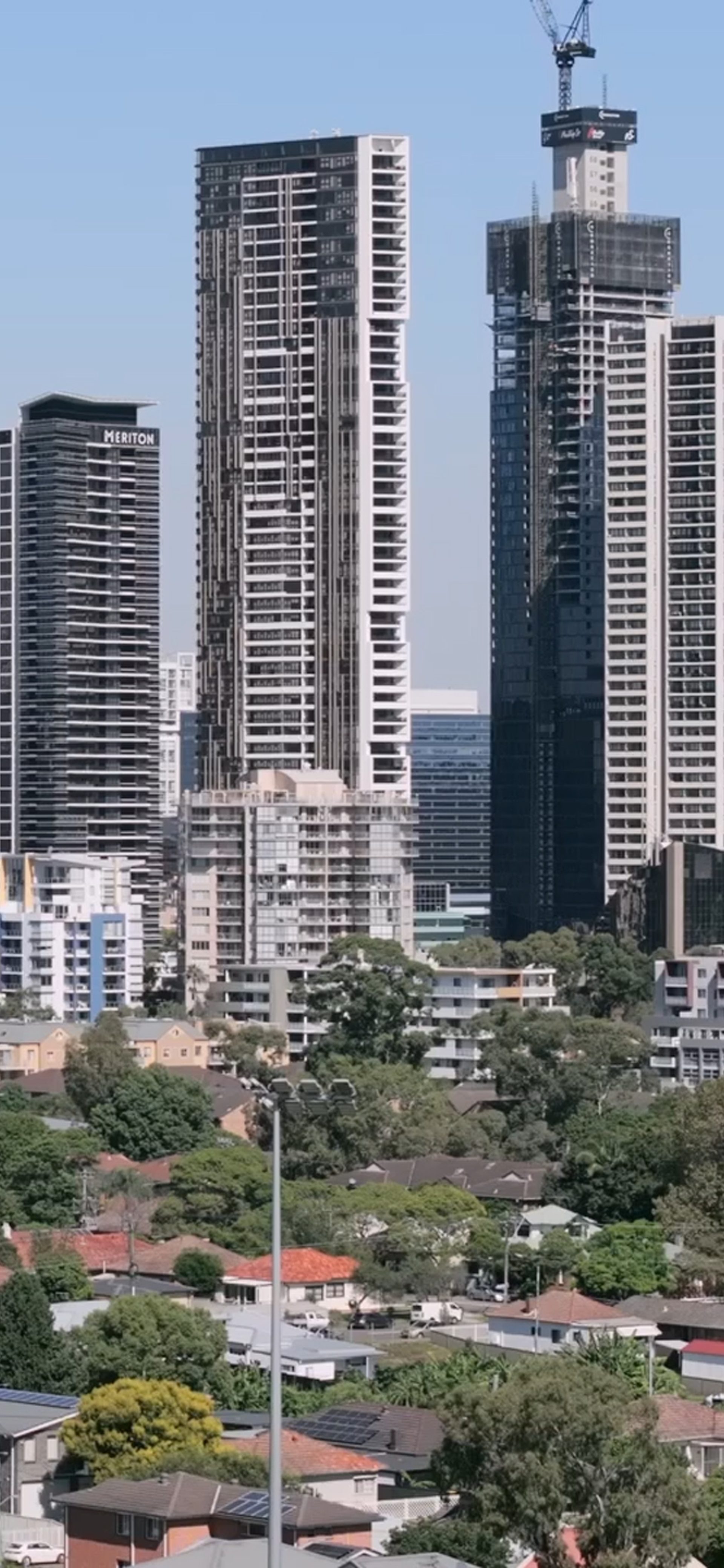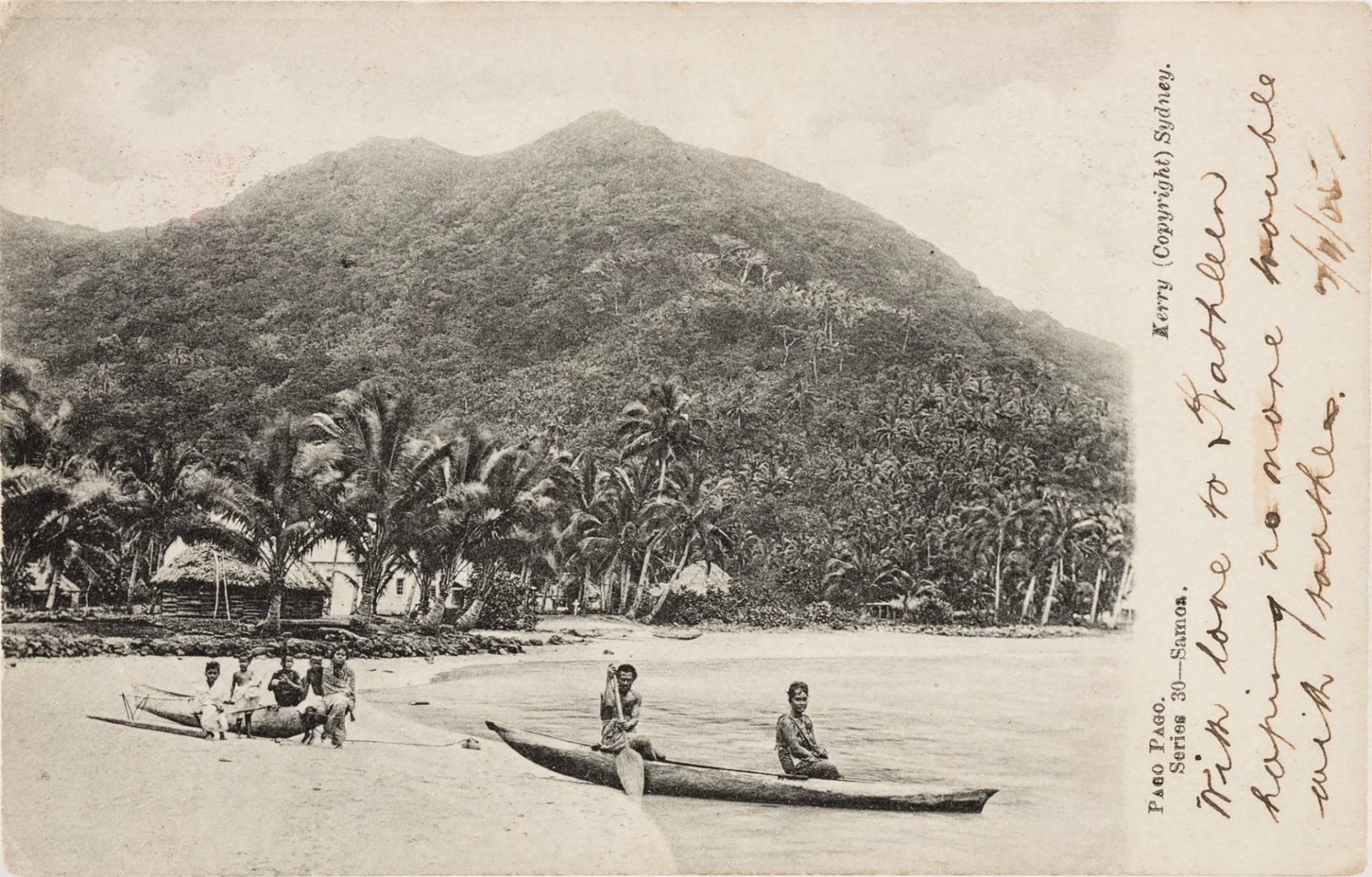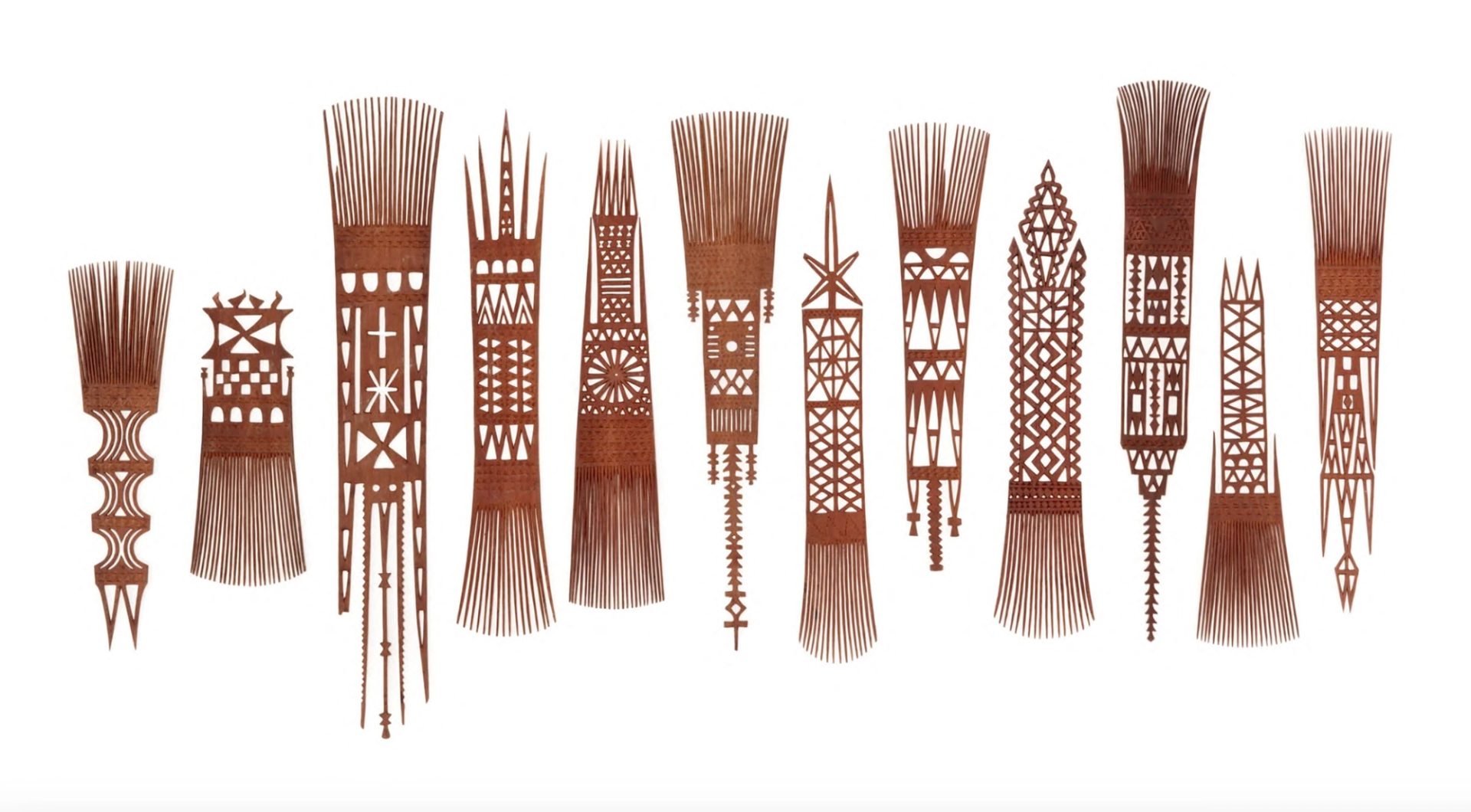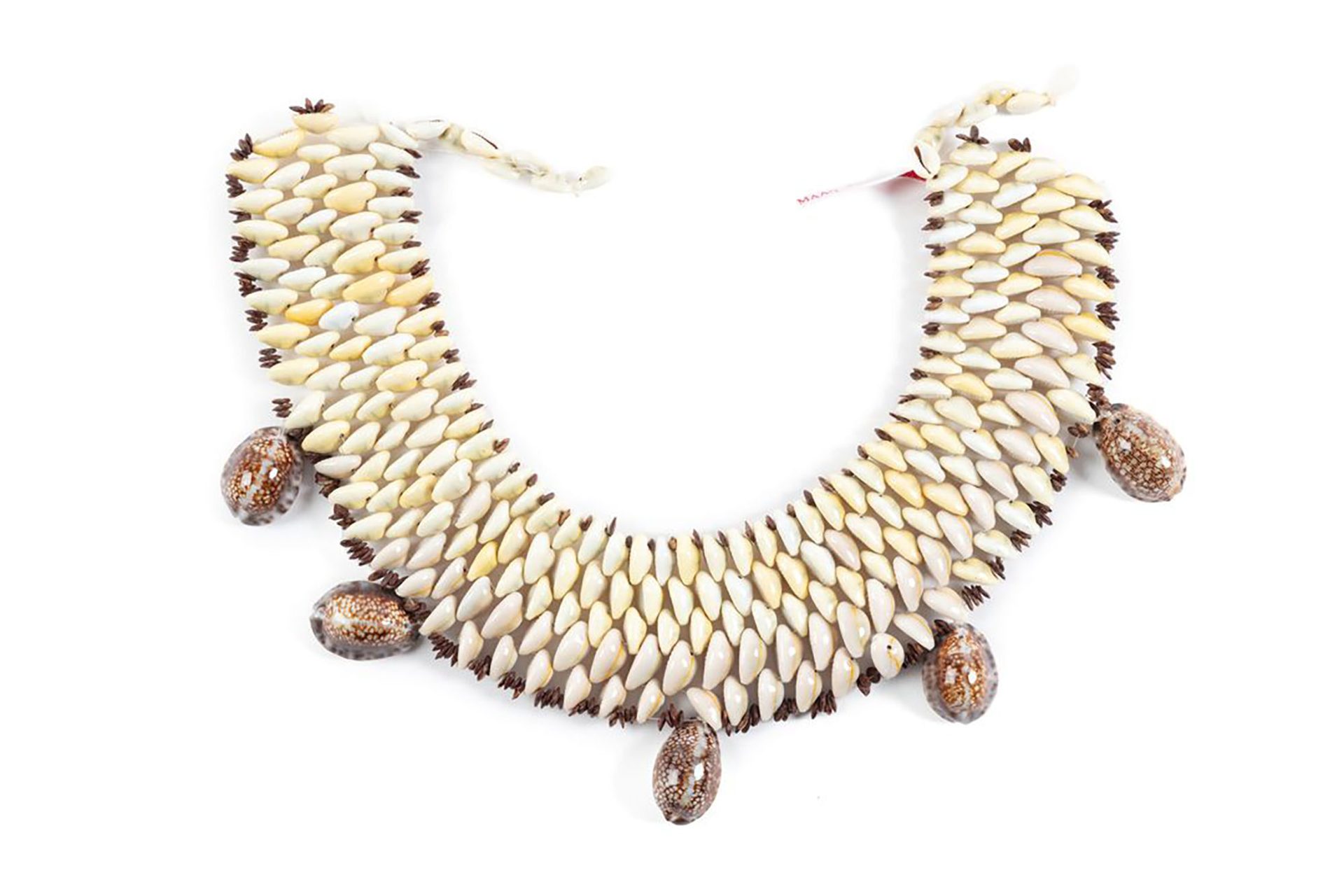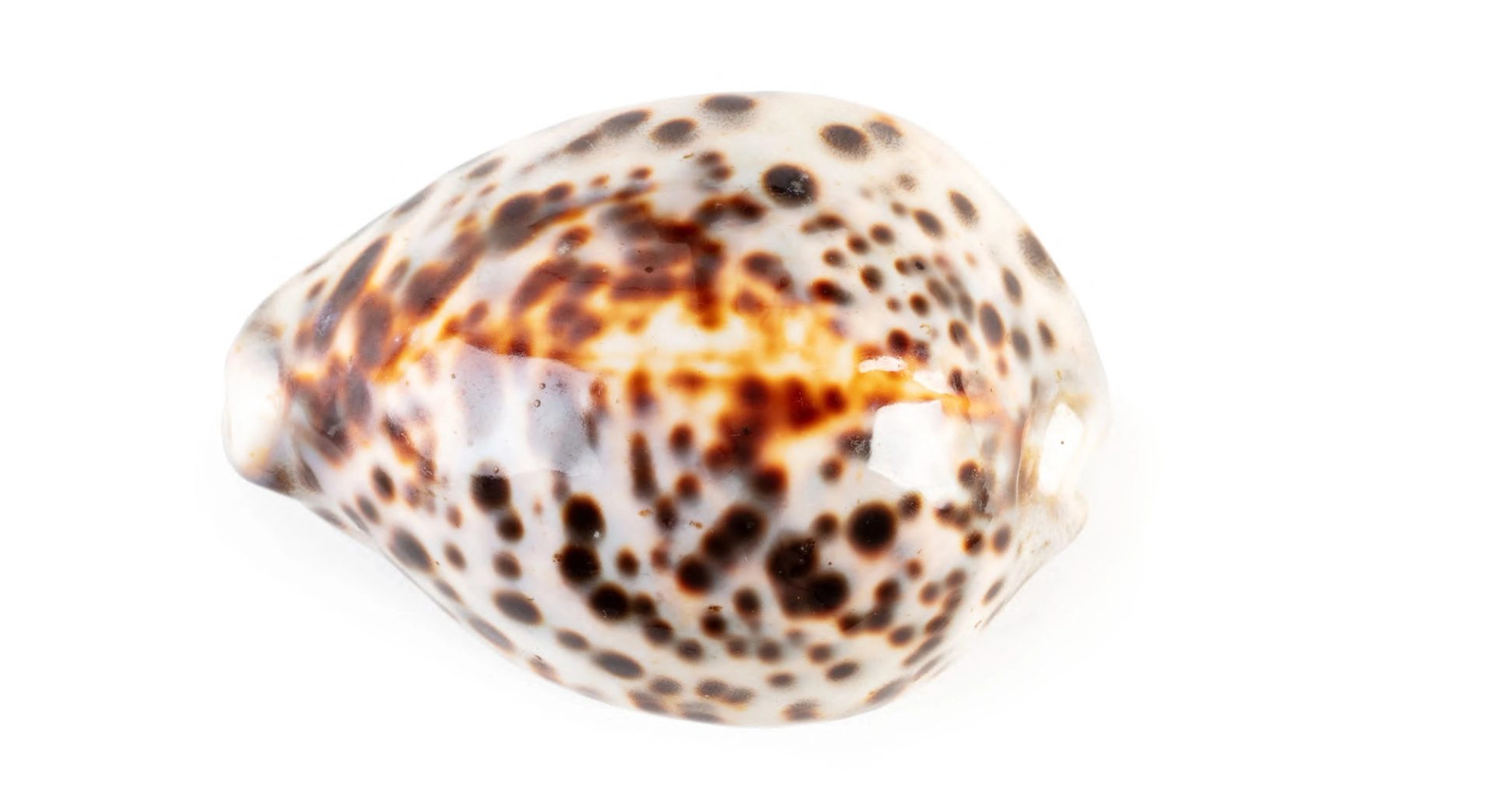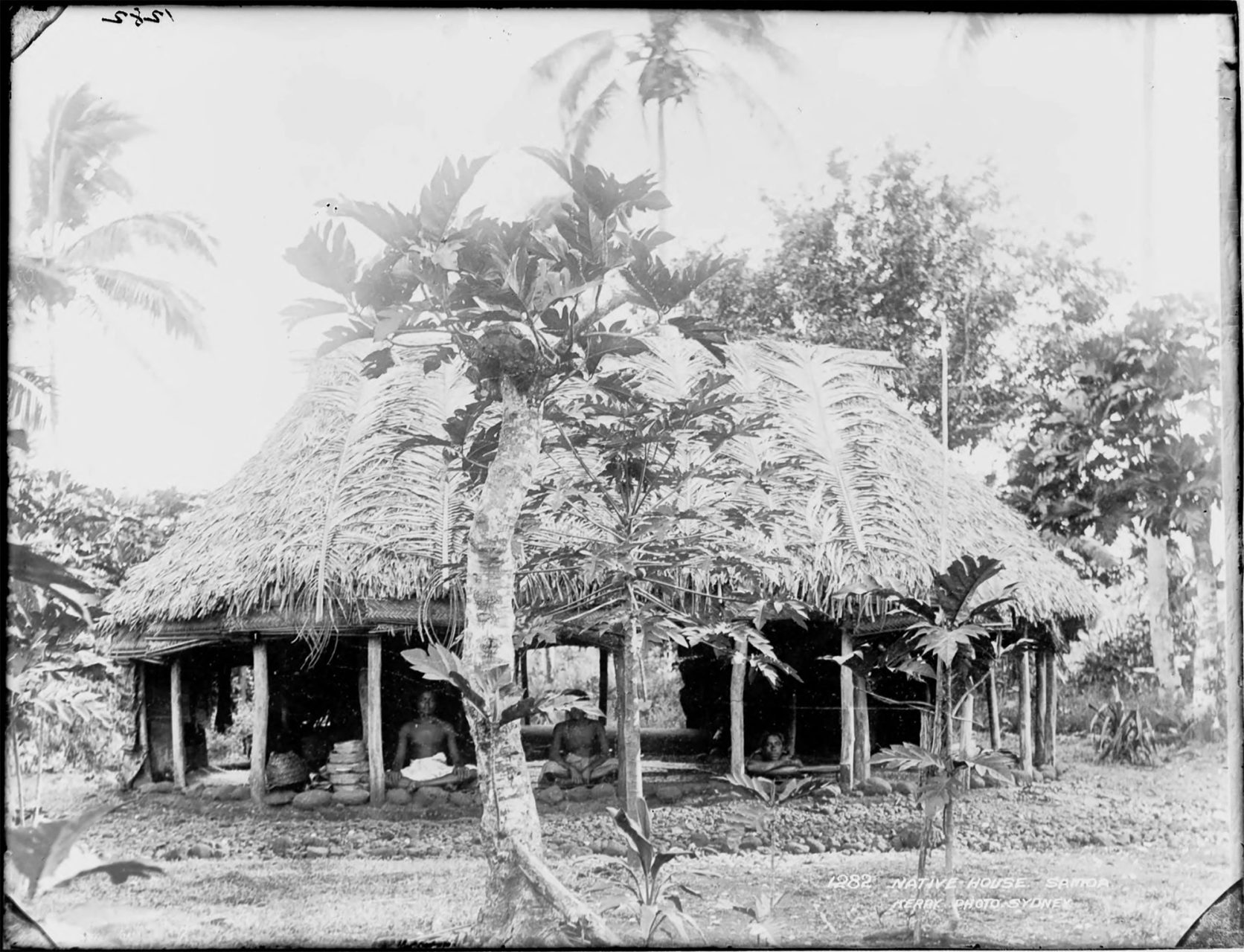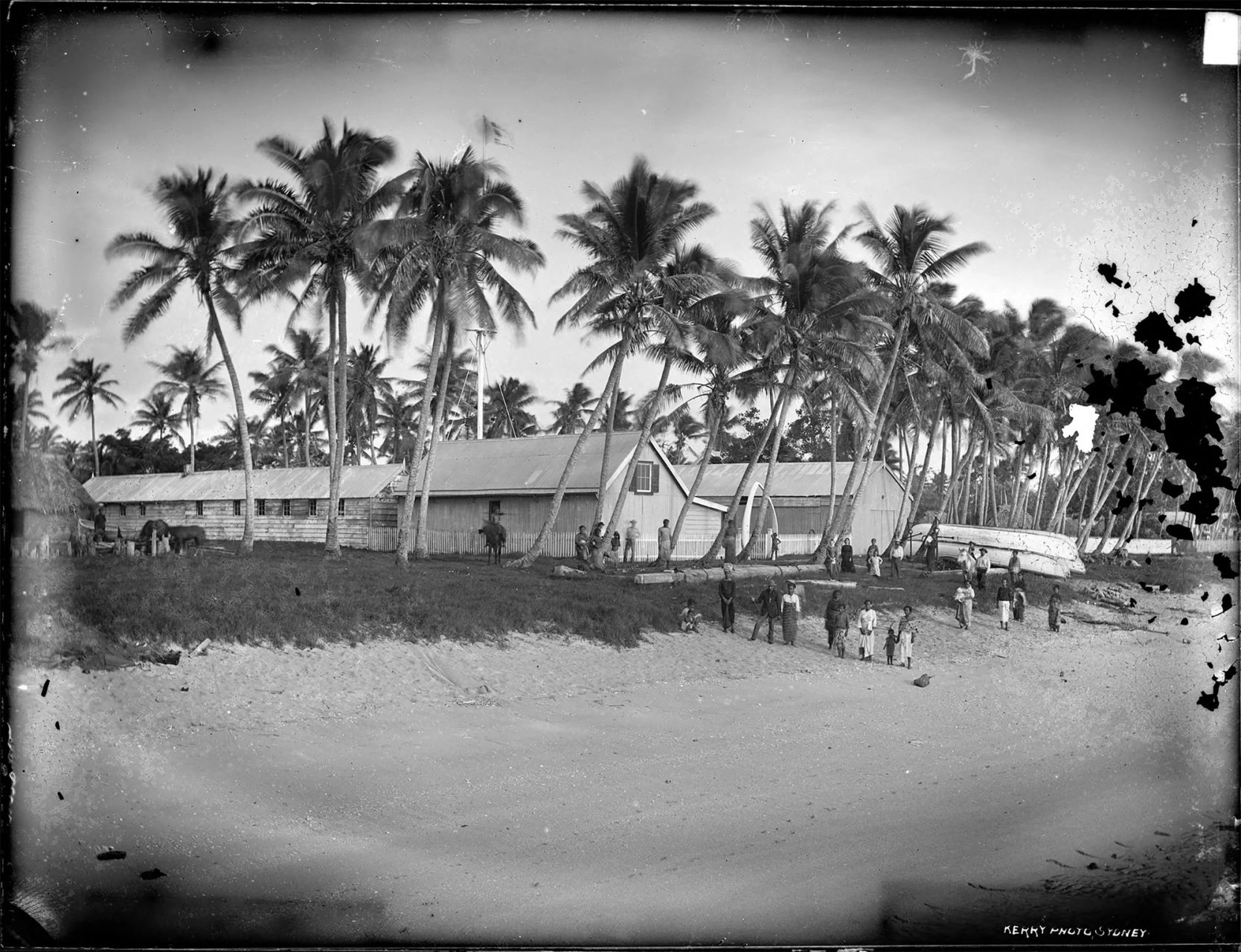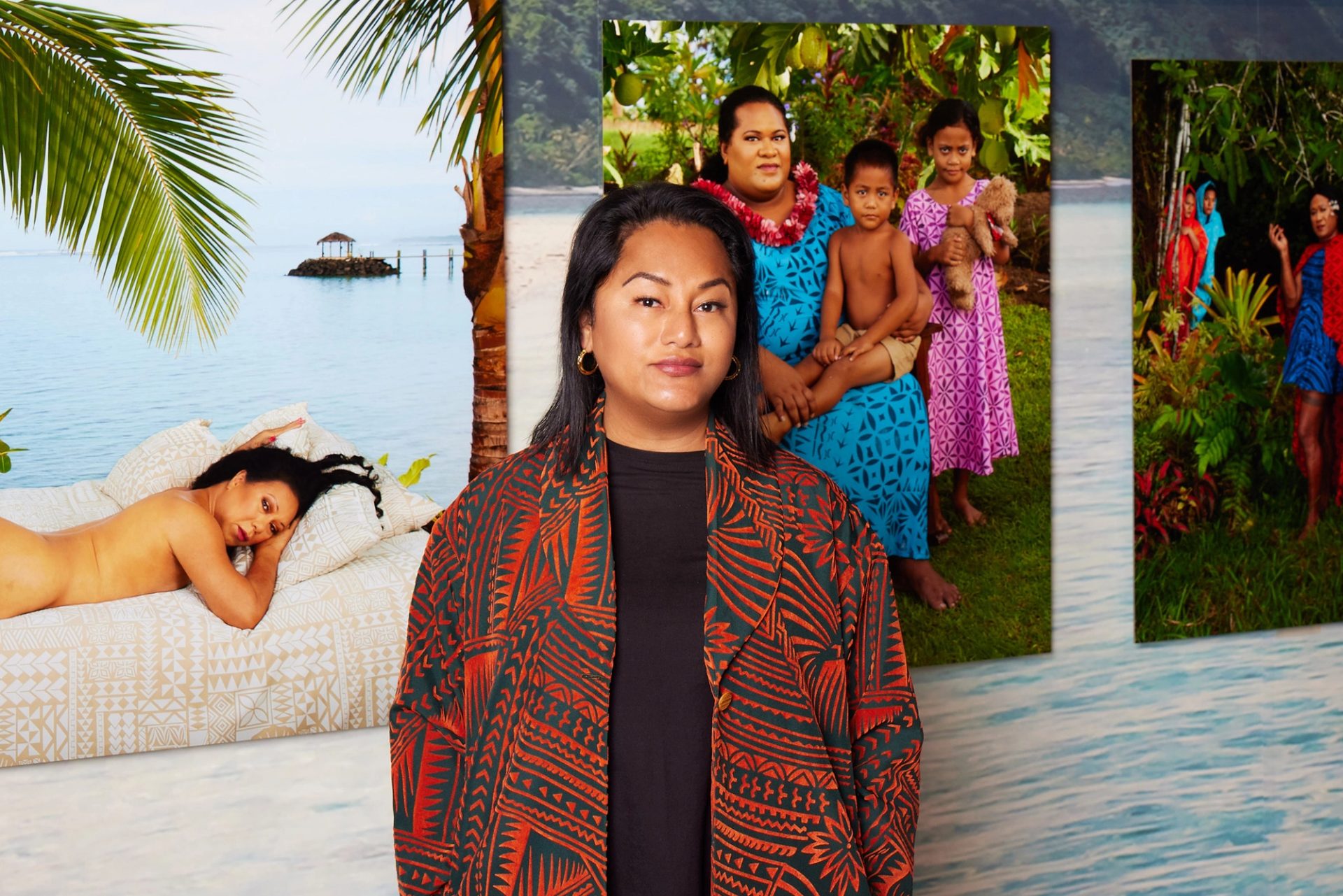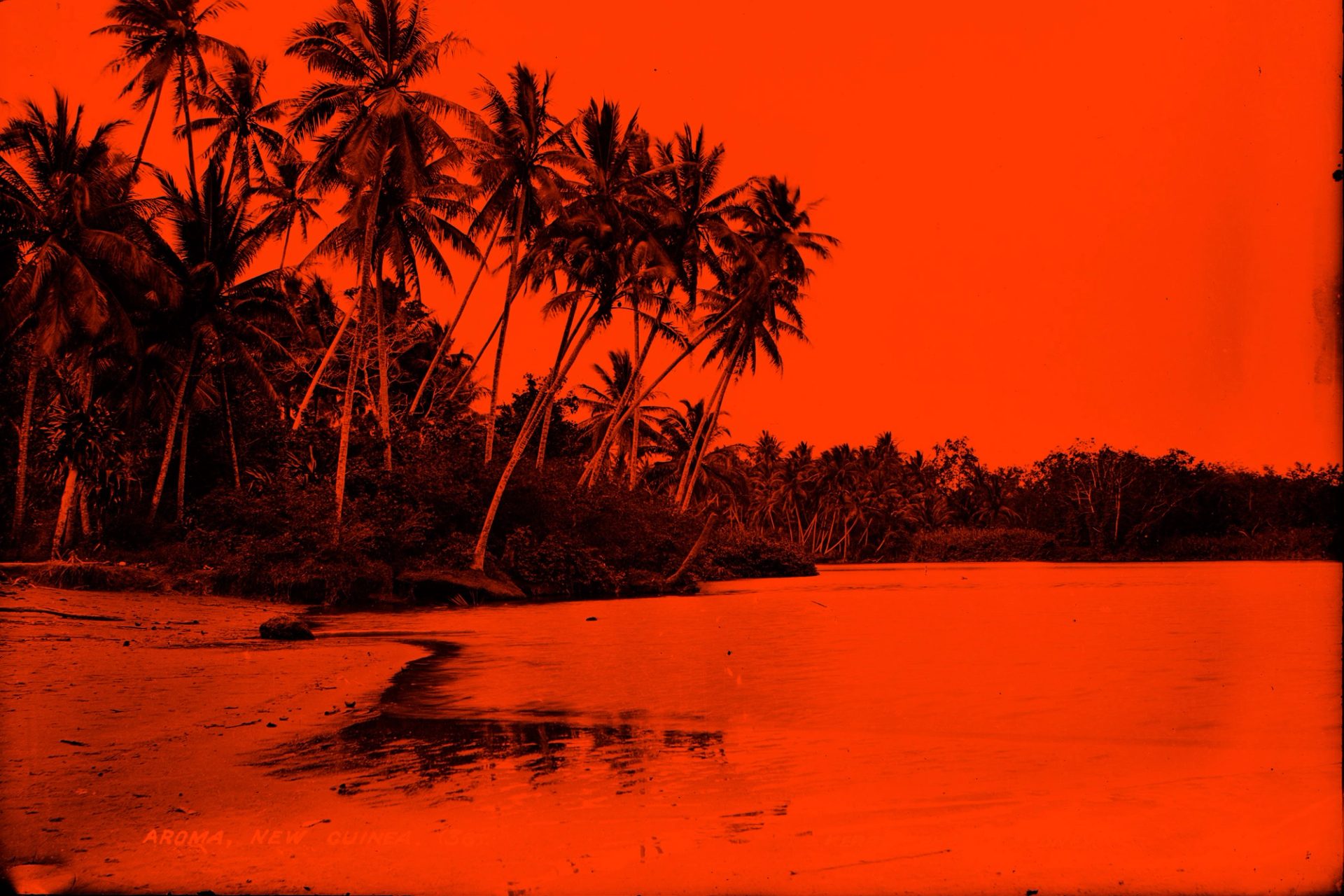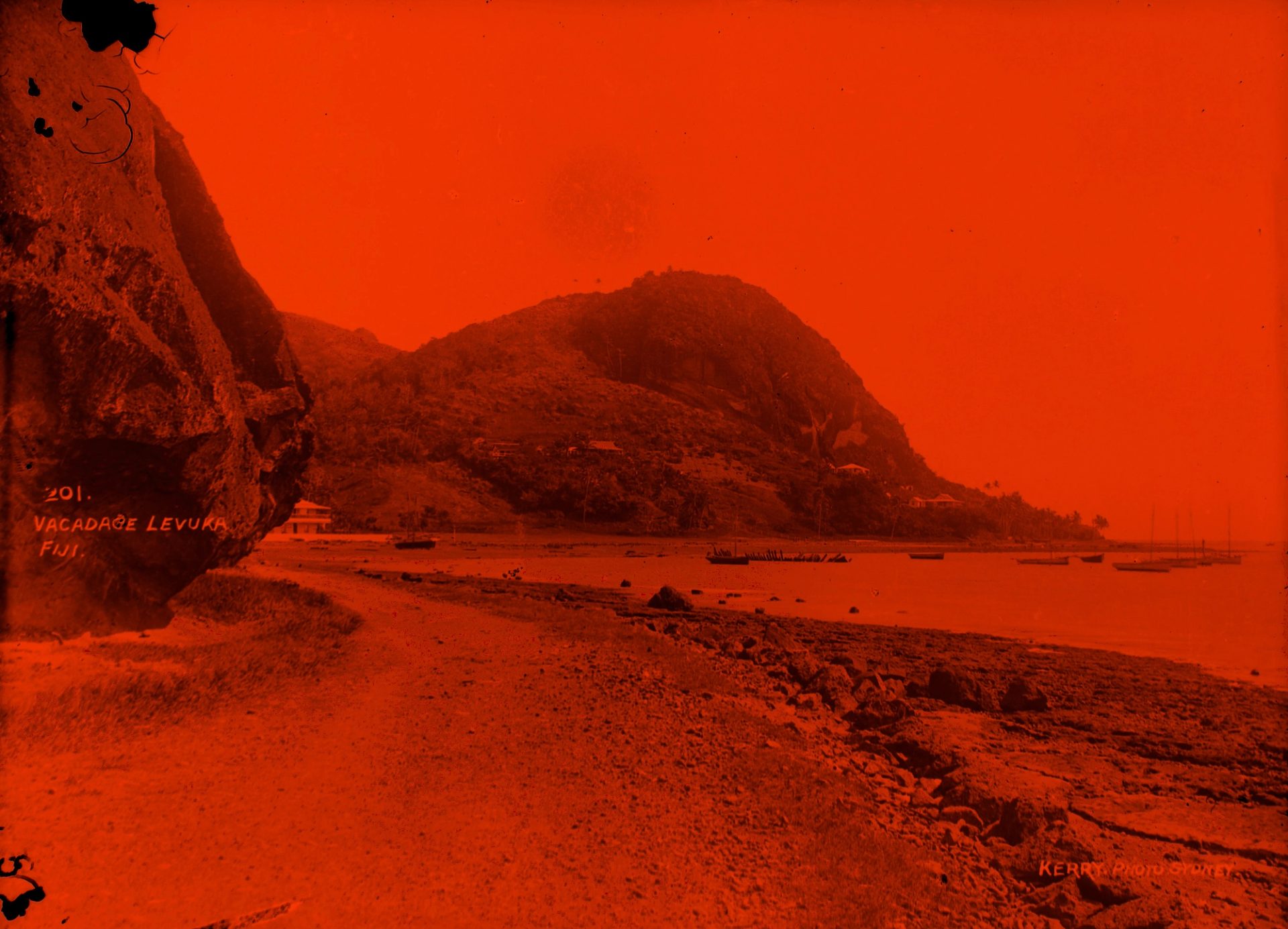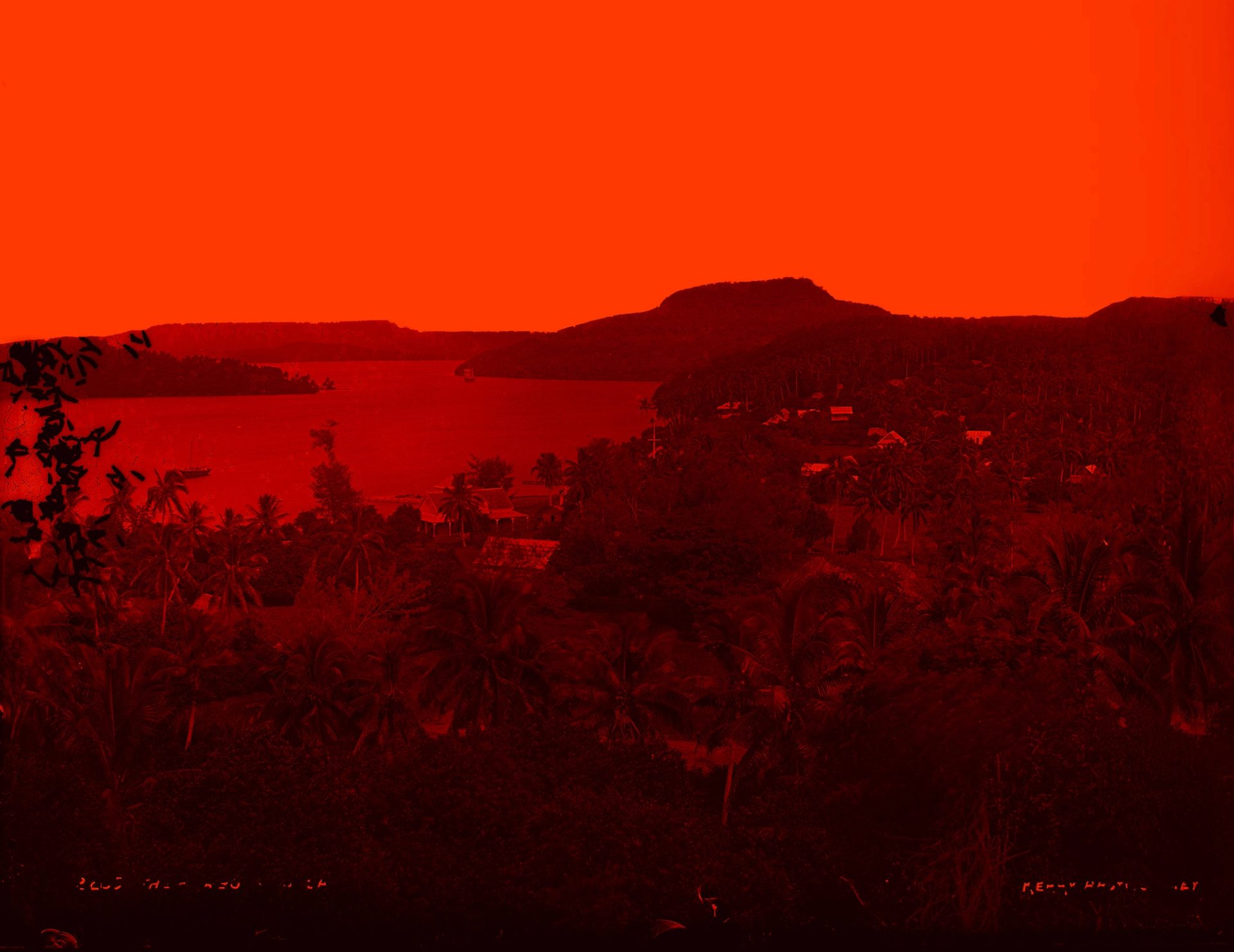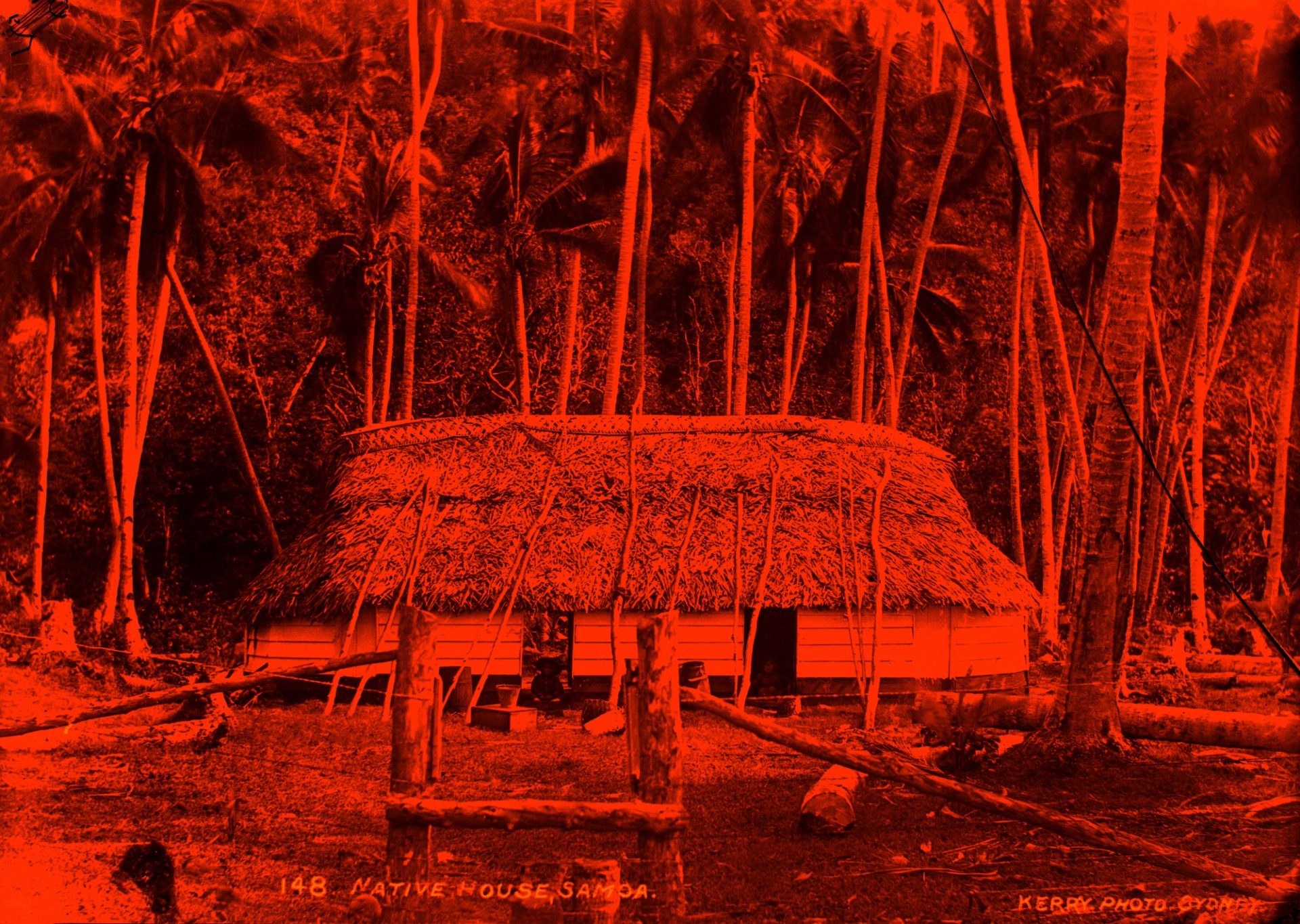Moana Rising Reflections

In the closing event of the Talanoa Forum: Moana Rising, speakers reflect on the three-day program and share their hopes for the future of Pacific inclusion in the arts and climate change action.
Listen to, or read, excerpts from Tau'ili'ili Alpha Maiava, Tiumalu Noma Sio-Faiumu, Sēini ‘SistaNative’ Taumoepeau, Professor Katerina Teaiwa and Yuki Kihara.
Tau'ili'ili Alpha Maiava
‘When you ancestralise your thinking, you can connect to anything that belongs to you without you having to learn it.’
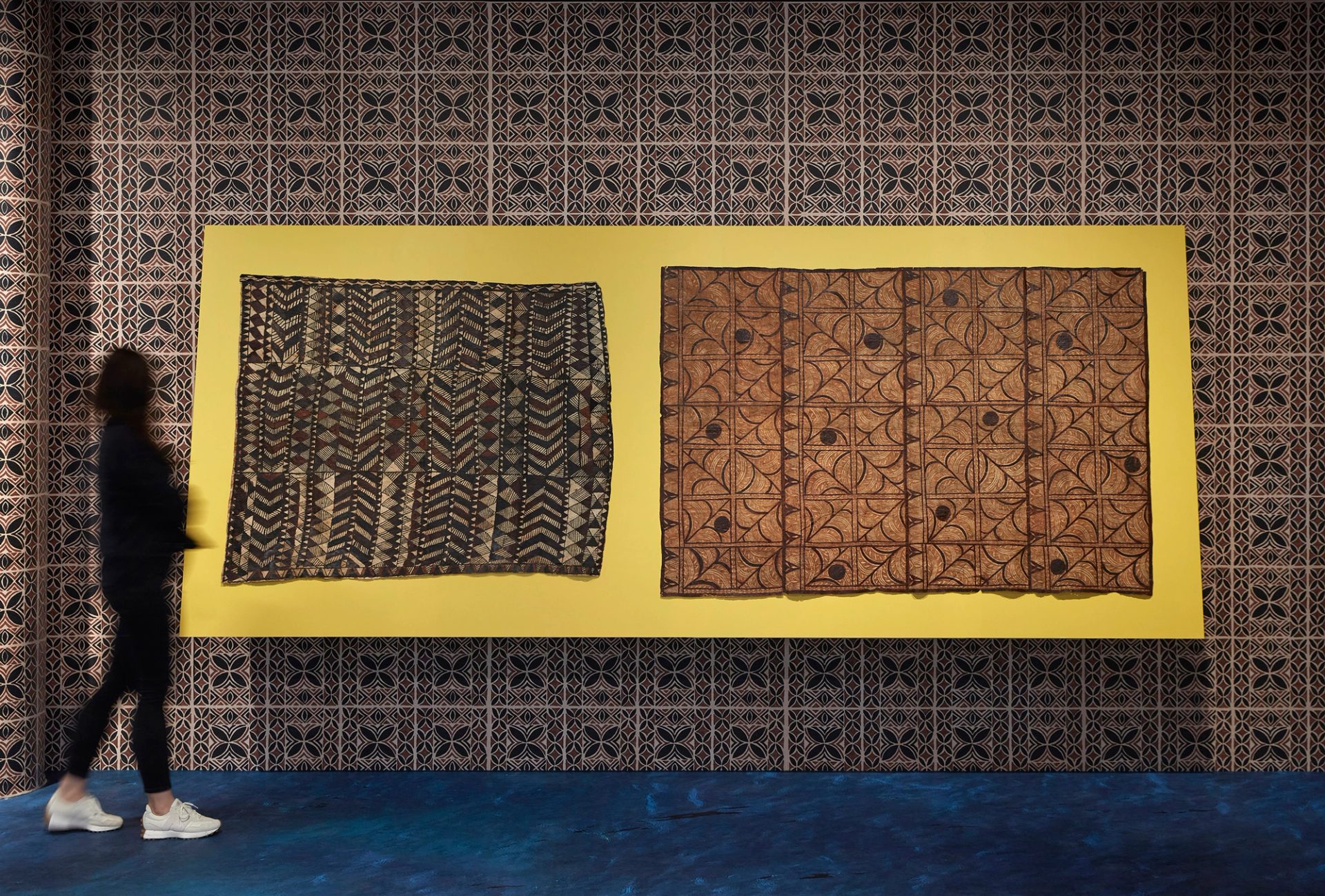
Tau'ili'ili Alpha Maiava I did enjoy the process, and I think I'd like to credit Yuki and all of the academics and Indigenous peoples that did attend to share their views. I'm at my journey now where I'm unapologetically calling on anything to do with the word ‘moana’ that you ancestralise the process. I think it's okay if we decide that today for this moana, we're going to have an 'ava ceremony because that's how our people came together. That's what they took away. Now, if we are so well represented in academia, I would like to see also an opportunity where our non-academic knowledge holders be a part of this, because we have to be fair. We are hearing learned and educated perspectives and we consider ourselves in this room open-minded people because we've learned how to navigate the world according to the palagi, but I also want to hear from the non-open-minded matua, the Elder, the pāpā and the māmā. Why do we need them? Because we need them to make sure the culture doesn't move too much away from our Hawaiki. That's what we as the sails of the boat do. We flap with the wind, but we need the waka to remain still.
